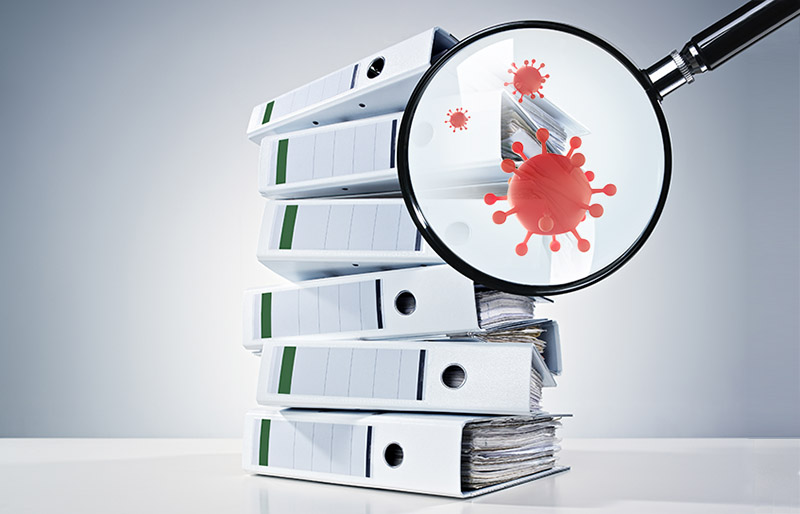

The changing nature of audit evidence arising from COVID-19
Recent Audit Quality blog posts have examined the impact COVID-19 has had on going concern impacts and on accounting and auditing in general. Now, we are turning our attention to how COVID-19 has forced auditors to work differently.
Access and travel restrictions and the reduced availability of personnel due to health considerations from the COVID-19 pandemic is impacting how auditors plan and execute their audit. Although auditors have been working with electronic evidence for some time, the scale of changes due to the pandemic has meant that auditors are evaluating the sufficiency and appropriateness of audit evidence in new and unique ways. The inability for the auditor to obtain sufficient appropriate audit evidence could lead to modification of the auditor's opinion.
Auditors will need to reassess whether their planned procedures will appropriately respond to risks, including the potential for fraud, recognizing that more persuasive audit evidence is needed as risk increases. It is important that the auditor obtain the views of those charged with governance and management on areas of increased risk and what additional oversight and monitoring has been put in place.
For example, companies that have laid off key personnel or have staff working from home may face changes to key processes that reduce or eliminate segregation of duties, increasing the opportunity for fraud or likelihood of error.
Auditors will need to maintain an appropriate level of professional skepticism in evaluating the reliability of audit evidence in areas of the audit that historically were relatively routine, like agreeing to source documents, obtaining confirmations from third parties, and attending inventory counts. The oversight of the work performed by component auditors will also become more challenging and may require more involvement of the group auditor.
Specific areas for consideration by the auditor may include:
- increasing supervision and review to respond to the increased professional judgment and the need to apply professional skepticism in all aspects of the audit
- assessing the reliability of audit evidence obtained in electronic form, such as scanned/copied documents
- understanding how component auditors have changed their audit approach as a result of the current circumstances
- adapting group audit approaches when physical access to visit and review the work of component auditors becomes impractical
- auditors may consider alternative ways to review the work of component auditors, including the use of technology
- considering the expected response and alternative procedures to obtaining external confirmations
- the use of confirmations from third parties will likely be impacted by changing how these parties confirm the information and/or a reduction in the number of responses
- where the results of confirmations do not provide the expected relevant and reliable audit evidence, the auditor is required to evaluate whether further audit evidence is necessary for example by performing alternative procedures
Firm leadership will need to proactively monitor individual workloads both at the engagement and firm level to identify, resolve and escalate capacity issues, keeping in mind that capacity of members of the engagement team is now possibly impacted by increased responsibilities at home.
The current environment provides us with an important opportunity to accelerate our efforts to rethink how auditing is performed today and in the future. It is important for all parties, including regulators, standard setters and practitioners to remain engaged and work together to identify issues and proposed approaches.
Where can you go for help?
For additional information about COVID-19, you can access a number of resources, including our COVID-19 auditing and reporting resource hub and CPAB's COVID-19 page.
Keep the conversation going
Are there specific COVID-19 related auditing issues where you believe further guidance from CPA Canada could be helpful? Post a comment below or email us directly.
Conversations about Audit Quality is designed to create an exchange of ideas on global audit quality developments and issues and their impact in Canada.
Disclaimer
The views and opinions expressed in this article are those of the author and do not necessarily reflect that of CPA Canada.

